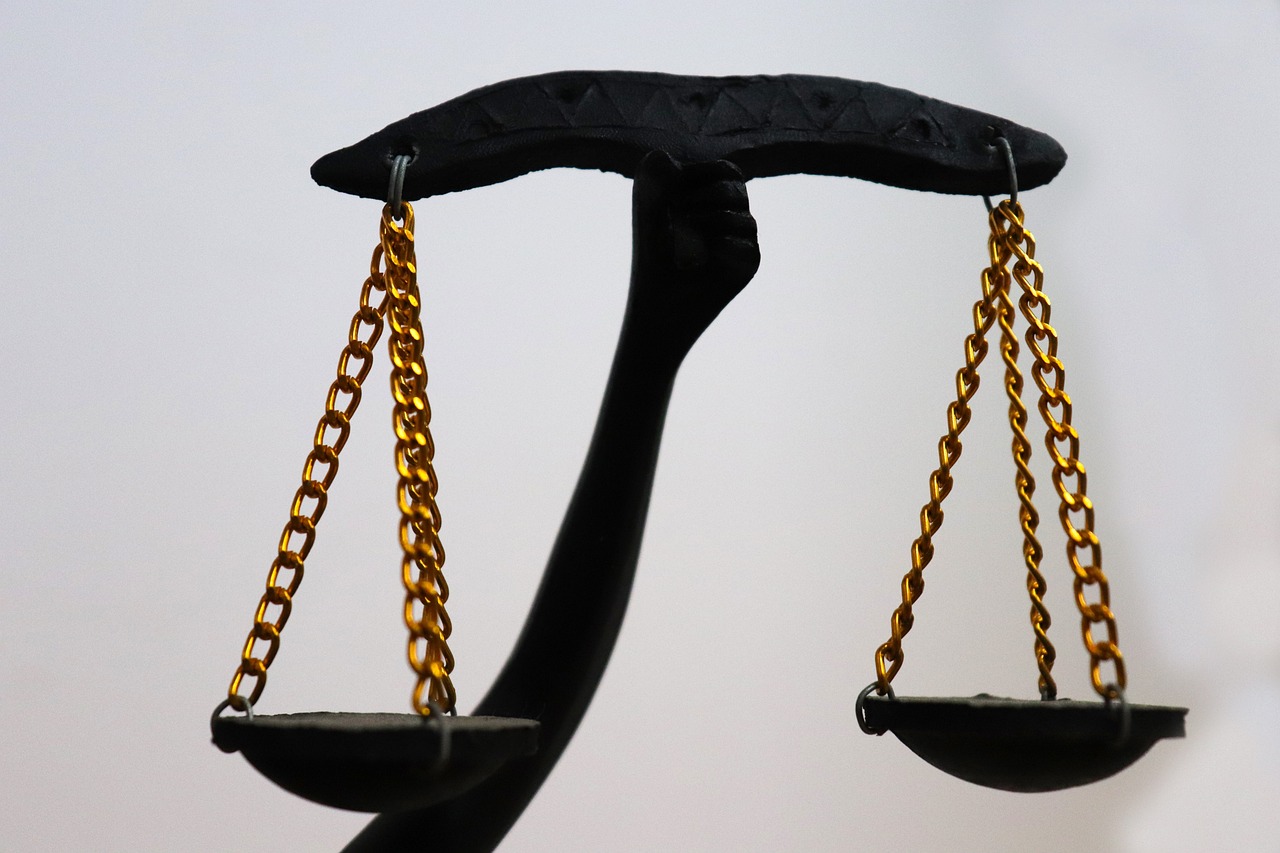A skilled FCRA lawyer will work tirelessly to ensure that you receive the best possible result in your credit reporting disputes. Your credit report is a crucial piece of information that shapes many aspects of your life, from buying a home to applying for jobs and obtaining loans. It’s also critical that the information in your credit report is accurate and up-to-date. Unfortunately, errors can occur. Your FCRA lawyer will work with credit agencies and creditors to correct those errors. If necessary, your attorney will file a lawsuit to hold the responsible parties accountable.
An experienced FCRA attorney will take a close look at your credit report to identify any mistakes or potential FCRA issues. Your attorney will then write and send your dispute letters to the credit agencies, which must investigate your claims and correct any errors. If your attorney discovers that the problem stems from a faulty credit bureau or data furnisher, they will hold them accountable.
Often, the source of an error is not the CRA but rather a creditor that reported inaccurate information. In these situations, your credit report errors lawyer will communicate with the creditor and ensure that they properly fix the issue and notify all nationwide CRAs of the correction.
Your FCRA attorney can also sue a CRA or credit furnisher for willful non-compliance with the Fair Credit Reporting Act (FCRA). This type of action can compel the responsible party to correct all errors, compensate you for any damages caused by those errors, and pay your attorneys’ fees.
In addition to filing complaints with the CRAs, your credit report errors attorney will also sue a debt collector who is harassing you. These debt collectors violate the FCRA and other federal laws when they contact you about a disputed or unpaid debt. Your attorney can file a lawsuit against the debt collector and seek compensation for any distress and financial losses you have suffered because of the debt collector’s harassing actions.
There are some other types of violations that your credit report attorney may be able to help you with. These include privacy violations where a report is given to someone who shouldn’t have it, such as an employer without your expressed written consent or an insurance company without a good reason for seeing your report.
This program is designed to help attorneys at all levels of the creditor rights industry understand the unique compliance challenges presented by consumer credit reporting and data furnisher obligations under the FCRA. Attendees will learn from industry experts how to establish best practices and policies that will keep their law firms and clients in compliance with the FCRA, CFPB regulations and state laws. They will also be updated on recent case law involving the FCRA, including recent opinions concerning a CRA’s responsibilities to investigate consumers’ disputes and other important matters of FCRA law.



